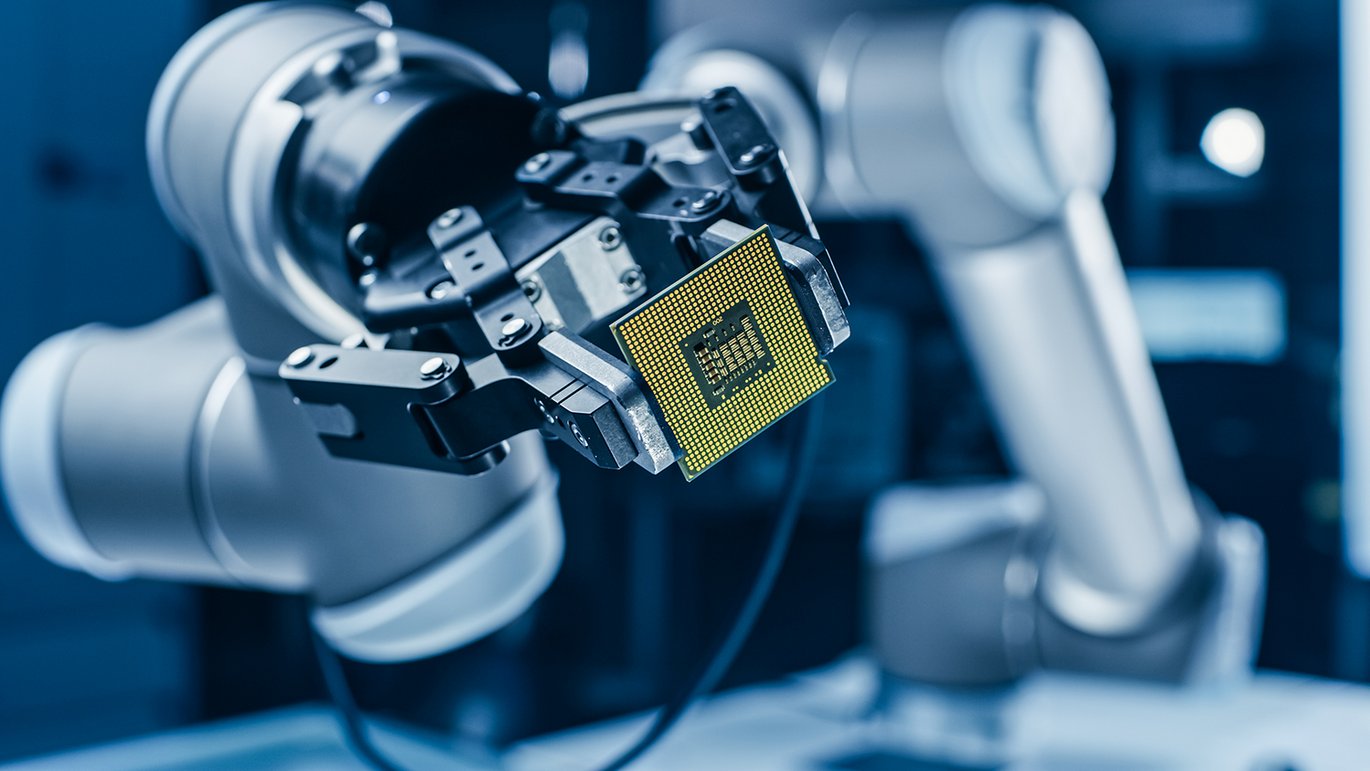New A.I. project will allow industrial robots to be more freethinking
Using artificial intelligence, a new research project will enable robots to adapt to unforeseen events and new scenarios when they complete automated tasks in the future.

Robots are increasingly being used in industry, and in future they will need to adapt to unforeseen events and changes in their environment much more than today, including when they work with humans.
A new international research project is addressing this issue using artificial intelligence. The project is being funded by Horizon Europe, the EU framework programme for research and innovation, with a grant of DKK 56 million (EUR 7.5 million) and is called RoboSapiens (Robotic Safe Adaptation In Unprecedented Situations).
The RoboSapiens project will reduce the limitations of robots and make them more adaptable and reliable.
“We see great benefits if robots can adapt to conditions, learn from their surroundings and then change their behaviour to better suit the task, all the while maintaining or even increasing their expected performance and remaining as safe and robust as before," says Professor Peter Gorm Larsen from the Department of Electrical and Computer Engineering at Aarhus University, who is leading the project.
Project focus areas
To reach the goal of the project, which runs from 1 January 2024 to 31 December 2027, the project partners are working on the basis of four main goals:
- The project will ensure robotics with new and unlimited possibilities for self-adaptation in response to unprecedented and unforeseen system-structural and environmental changes.
- The project will promote safety software related to robot technology, so that robot safety excels before, during and after the robots' self-adaptation.
- The project will promote deep learning techniques to actively reduce the uncertainty associated with robotic self-adaptation.
- Overall, the project will ensure the reliability of individual systems, so that, using deep learning and computational architectures, robots can adapt to the outside world on their own, without compromising the reliability of their work.
The project will look in-depth at four different use-cases: navigation of autonomous ships, human/robot interactions with collaborative robots, warehouse robots that navigate around each other, and refurbishing laptops using automated robots.
“Robots have helped increase production for decades. In our use-cases, we’ll take a closer look at how we can scale up circular processes using automated robots, thereby extending the lifespan of products instead of producing new ones. We’ll be specifically looking at laptop refurbishment and what can be automated in this area. Right now, we’re considering screen repairs, but the plan is to expand our work even further in the long term," says Mikkel Labori Olsen, a consultant at the Centre for Robotics at the Danish Technological Institute, who is participating in the project.
Professor Peter Gorm Larsen adds:
"We want robots to be able to gradually improve. We want to demonstrate that we can achieve sufficient safety without recertification, and thereby ensure autonomy and that the robot adapts appropriately by using intelligent safety systems and control software."
He continues:
"By doing so, we hope to reduce limitations and increase robots’ ability to adapt to conditions around them, including major, unforeseen events."
The project will run from 1 January 2024 to 31 December 2027 and has an extensive list of partners. In addition to Aarhus University, which is heading the project, the project partners include the Danish Technological Institute, the University of Antwerp, Aristotle University of Thessaloniki, the Norwegian University of Science and Technology and the University of York, as well as the companies PAL Robotics, Fraunhofer IFF, ISDI Accelerator and Simula Research Lab.
Contact
Professor Peter Gorm Larsen
Aarhus University, Department of Electrical and Computer Engineering
Mail: pgl@ece.au.dk
Tel: +4541893260
Mikkel Labori Olsen
Danish Technological Institute
miol@teknologisk.dk
Tel.: +4572201541
